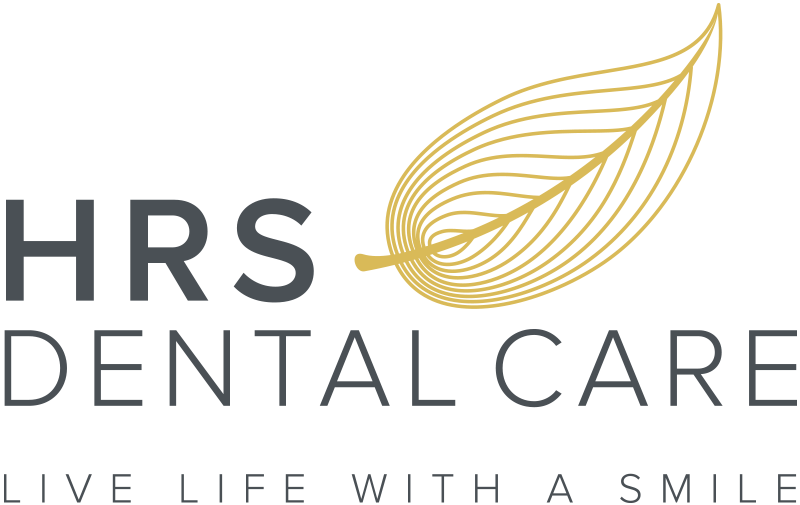Ten facts about worn teeth
Increasingly in the UK more and more people are keeping their teeth for longer, which is great news. However, because less people are losing their teeth, lots of people are seeing their teeth wearing down and getting shorter.
As a dentist this can be a cause for concern in some people, so here are some hard facts for you to understand whether you have a problem with worn teeth.
- The average tooth wear with normal function is 1/100th of a millimetre each year, so any tooth wear or chipped teeth that are easily visible is probably due to some increase in the normal wear rate.
- Drinking acidic drinks such as squash or fizzy drinks will dissolve the tooth and lead to erosion tooth wear
- Some people can clench and grind their teeth which leads to lots of worn teeth
- Stomach acid reflux can allow the stomach acid to reach the inside of the teeth leading them to dissolve and wear away
- If you have a “bad bite” this can lead to increased muscle forces acting on the teeth (up to 400%!) leading to higher impact and worn teeth
- When people wear through the enamel and see the yellow coloured dentine the wear rate increases by 40 times because the dentine is much softer.
- Worn teeth can lead to jaw problems, with the jaw joint popping, clicking or even getting locked in position.
- A combination of a bad bite, acid erosion and tooth clenching or grinding can lead to rapid catastrophic bite collapse.
- Using a “special toothpaste” will do nothing to combat the tooth wear
- Most dentists will make a soft mouthguard for people who grind their teeth, and these have been scientifically proven to of absolutely no use in over 90% of cases (not what I do!).
I have spent hundreds of hours on courses understanding the mechanisms of tooth wear and, more importantly, how to deal with worn teeth and protect them from future problems. The most important thing to do is to find out the cause of the tooth wear so that the cause of the problem can be controlled, cured or managed.
Most of the time it is a case of minimal treatment, building the teeth back up to how they used to be and then making sure that the teeth chew properly again. In some cases, where people are subconsciously grinding or clenching their teeth, we need to also protect the teeth with a customised bite guard to ensure that further damage is avoided.
If you have any concerns of about having worn teeth then contact us so that we can ensure that we can help with the minimum of treatment. The earlier we catch these things the easier they are to deal with!


